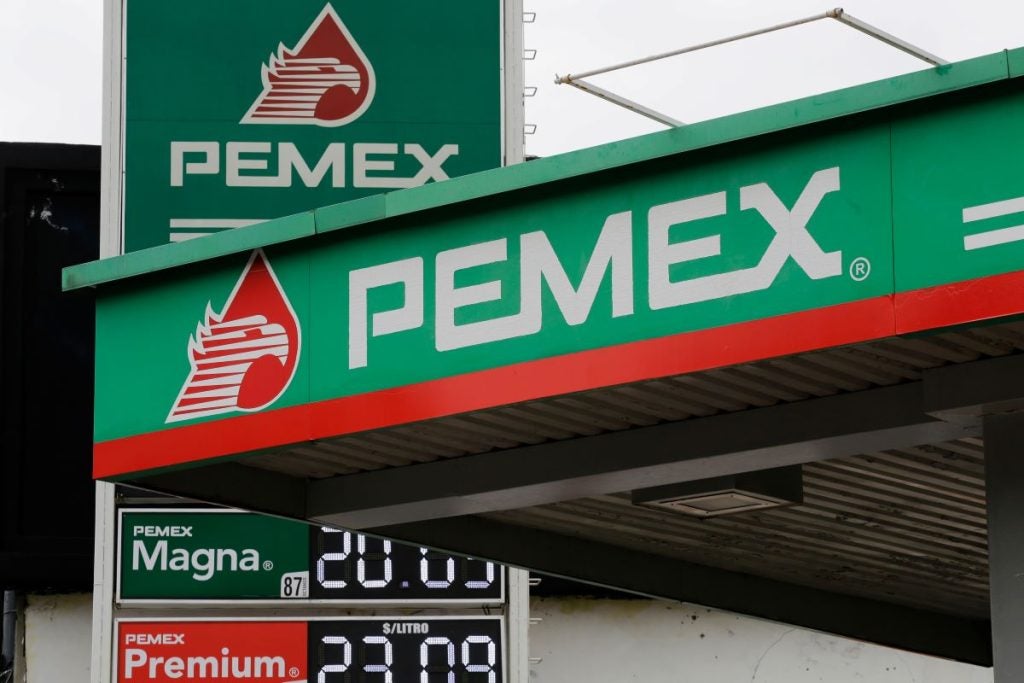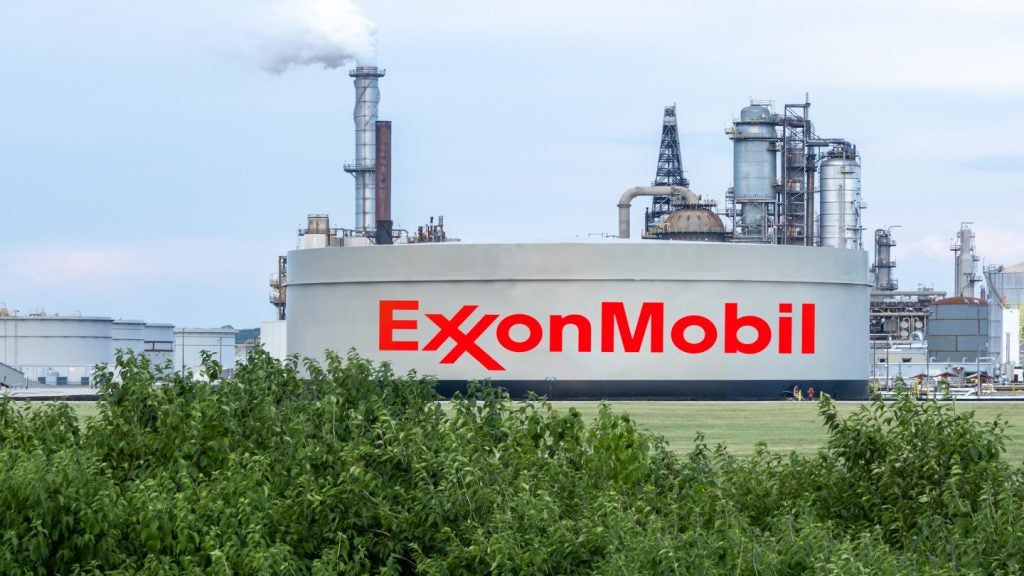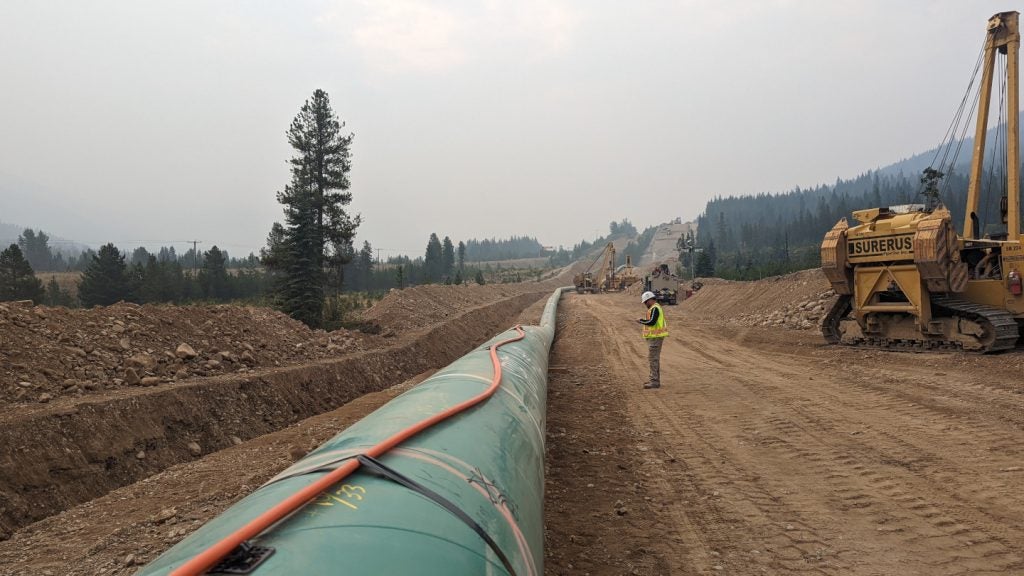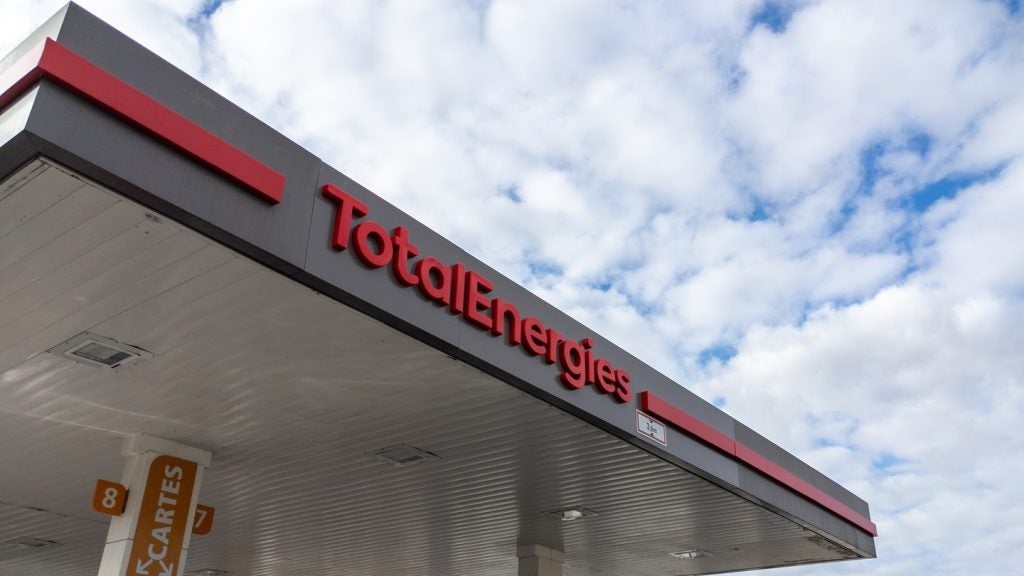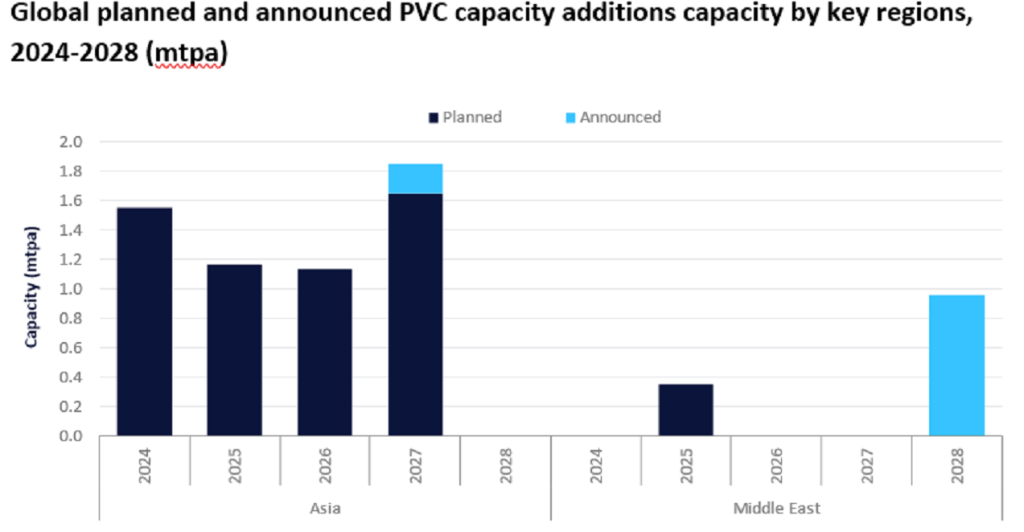Claudia Sheinbaum, the 66th and current president of Mexico, recently appointed energy economist Victor Rodriguez Padilla to lead the state-owned oil company Petróleos Mexicanos (Pemex), in a move that is aimed at helping to reduce the nation’s large $921bn debt.
Rodriguez, who taught at Mexico’s Universidad Nacional Autónoma de México (UNAM), has replaced outgoing head Octavio Romero – but what can he do to tackle the national debt, which has increased steadily over the last 10 years having been at far more modest $437bn in 2014.
According to Paul Hasselbrink, a senior upstream analyst at GlobalData, Offshore Technology’s parent company, Sheinbaum has chosen “a true expert academic with a background in energy policy, energy economics, regulation, oil and gas fiscal regimes and energy security, all of which are vital for leading the massive, integrated and highly regulated Pemex.”
He added that given his “academic background, though experienced in advising policy, the expectation is that Pemex's corporate governance will be less influenced by politics and more by the strategic objectives of the company.”
According to Hasselbrinck, Rodriguez will “seek to preside over growing oil and gas production while highlighting Pemex’s favourable market position to diversify its energy portfolio into renewable energy infrastructure.”
Mexico’s energy transition
He added that Rodriguez has already “pointed out his biggest challenge: fixing Pemex's books.” And any moves towards a serious energy transition will require financially stable Pemex, which will almost certainly be required to invest in greener technology.
Before the election, the consensus was that the nation, home to some 130m people, was expected to see significant changes in its oil and gas industries, particularly concerning the role of Pemex and its energy transition towards sustainability, and adoption of climate-friendly policies.
Hasselbrinck said: "Scheinbaum has not signalled much deviation from her predecessor's energy policies, leaning strongly on the energy independence narrative used by the AMLO [Andrés Manuel López Obrador] previous government.”
According to GlobalData’s recent report on Mexico's Exploration & Production, Mexico's total production stands at 2.5 million barrels of oil equivalent per day (mboe/d), compared with a 1.9 mboe/d production in 2023.
The country still exports approximately 60% of all production.
Currently, oil accounts for just over 56% of Mexico’s energy consumption mix, according to International Energy Agency (IEA), with natural gas at just under 10%. In terms of production, oil accounts for almost 64%, while natural gas accounts for 21%.
Turning it around
The state oil company has been in a steady declined for years. Rodriguez will face the huge task of turning around production that has slumped to about half its peak 20 years ago, with current production standing at just over 1.7 million barrels a day (mbbl/d), having increased very slightly year-on-year since 2019.
This accounts for almost all of Mexico’s total oil and gas production, according to figures from GlobalData. Mexico remains the second-largest oil and gas producer in Latin America.
Pemex’s debt burden was just over $100bn in May, making it the world’s most indebted oil producer. Saudi Aramco has a current debt in its balance sheet of $77bn – but sits on vast known reserves and regularly posts gigantic profits.
Pemex’s debt now accounts for about 7% of Mexico's GDP, and while exploration and production operations continue to generate profits, other divisions, particularly refining, are not yet financially viable.
Pemex's financial problems, which are the main reason for its decreased investment and production levels, are currently significantly impacting public finances.
Taxation system
Pemex operates under a price-based royalty system and is subject to profit-sharing obligations, the hydrocarbon-activity tax, exploration rental fees, and a 30% income tax (ISR) rate, as outlined in GlobalData's 2024 report, 'Mexico Upstream Fiscal and Regulatory Guide'.
The overall fiscal burden primarily includes early and regressive taxation, including royalties, fees, and profit-sharing requirements. In cases where Pemex incurs a financial loss, the total government revenue is less than the fiscal take, as the government is responsible for covering Pemex's losses, the report said.
Additionally, the AMLO government modified the Hydrocarbons Revenue Law to address Pemex's liquidity issues by increasing the cost deduction caps and consistently decreasing the profit-sharing duty, from 65% in 2019 to 30% in 2024. The most recent tax cut was ten percentage points, with the reduction expected to remain unchanged.
Pemex has experienced credit downgrades from various agencies, resulting in higher borrowing costs for the company. It’s also been affected by deadly fires, oil spills and methane leaks in recent years as its crumbling infrastructure takes its toll, and it relies heavily on government handouts to stay afloat.
According to Hasselbrinck, Pemex has been the focus of major criticism because of the disputed performance of its investments and the constant tax breaks it requires, and has “operated at a loss for several consecutive years [due to] high costs, a high tax burden, and a lack of liquidity that has hindered investments in finding fresh reserves.”
He added that the “past government pushed through congress sporadic tax breaks for Pemex and injected capital [on] multiple occasions.”
He also mentioned that the efforts to enhance its financial situation have been inconsistent. Although they have assisted Pemex in fulfilling its immediate commitments, they do not support long-term investment strategies, or offer confidence to lenders.
Oil production dropped by nearly half in the past two governments, but the expected increase from 1.7mbbl/d to 2.5mbbl/d has not happened. The government wants to refine oil in Mexico for domestic use, aiming for energy self-sufficiency and reduced exposure to energy price fluctuations.
Sheinbaum’s plans for Pemex
During her campaign, Sheinbaum emphasised the importance of revitalising Pemex as a key pillar of the Mexican economy.
She suggested restructuring the company's debt by 2025 and exploring new financing options that don't strain the government’s finances. Additionally, she aims to boost Pemex's production capacity, potentially maintaining it at an average of a minimum of 1.8mbbl/d.
The issue of Pemex facing a staggering fiscal burden – only for the same government to have to inject cash back in when the company is unable to meet its financial obligations – is probably the single biggest institutional challenge in the energy and macro-fiscal landscape in Mexico.
“This challenge is beyond the single scope of Rodriguez Padilla and will require massive policy overhaul across energy and finance ministries,” added GlobalData.


